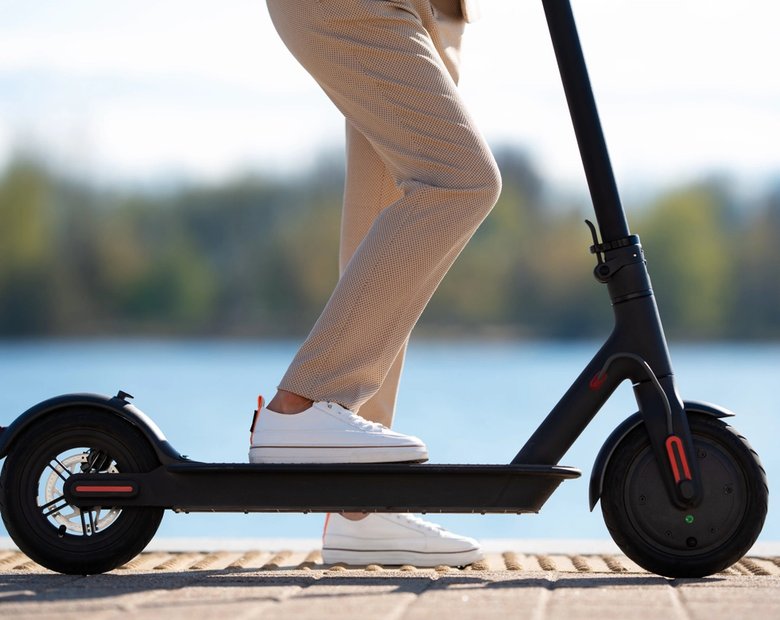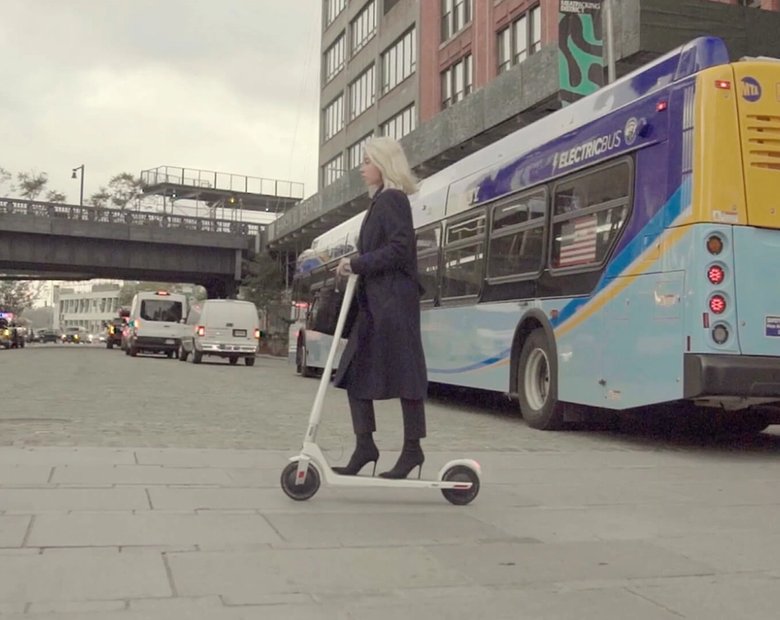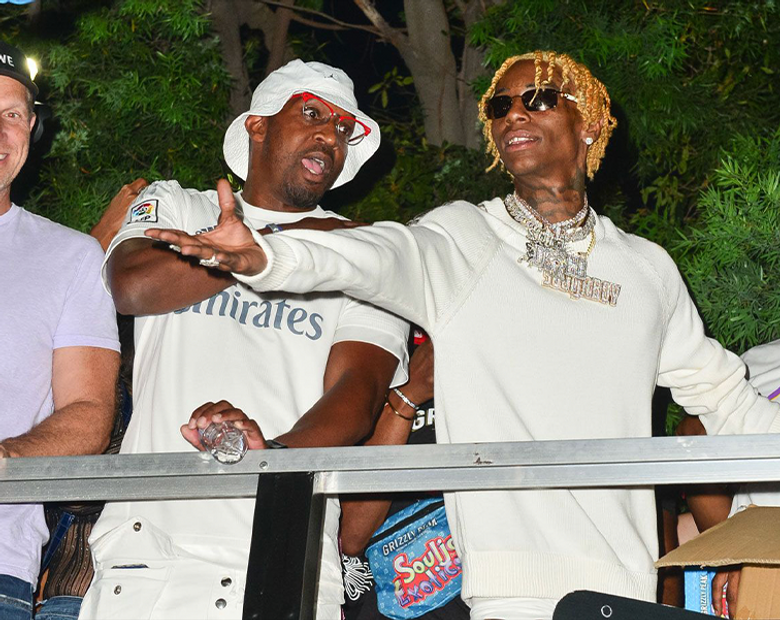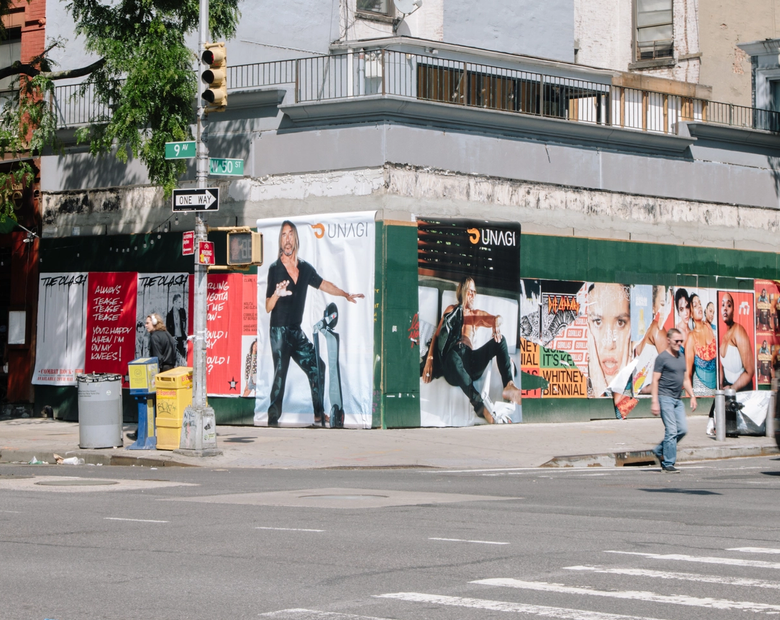Amazon Aligns with Local Law 39, Halts Sale of Uncertified Lithium-Ion Batteries in New York City
In a decisive response to New York City's Local Law 39, Amazon has stopped selling uncertified lithium-ion batteries, a move that aligns with the city's heightened focus on fire safety. This change in Amazon's sales policy comes on the heels of a cease-and-desist letter from city authorities, highlighting the serious safety risks associated with these non-compliant batteries.
Background: A Safety Crisis in the Making
The issue gained prominence following a series of fire incidents in New York City, traced back to the use of uncertified and potentially dangerous batteries. These incidents underscored the risks posed by batteries sold at significantly lower prices than their certified counterparts, which were prone to overheating and catching fire. According to reports from the New York City Fire Department, there has been a substantial increase in fires caused by lithium-ion batteries.
Amazon's Response to the City's Directive
Following the city's directive, Amazon took swift action. The e-commerce giant removed all uncertified batteries from its listings in New York City, marking a significant step towards compliance with Local Law 39. This law, introduced in September, explicitly bans the sale of uncertified batteries and electronic mobility devices, imposing fines of up to $1,000 per violation for non-compliance. It mandates compliance with recognized safety standards, especially the Underwriters Laboratory (UL) certification.

Persistent Risks: Challenges Beyond Battery Sales
Although Amazon's compliance marks a step forward in fire safety and sets a precedent for other major retailers like eBay and Walmart, the broader issue of uncertified e-bikes and mopeds remains unaddressed. These vehicles continue to be sold and used, posing ongoing safety risks. There's a clear need for a holistic approach that not only focuses on the sale of compliant batteries, but also ensures that the vehicles themselves are safe and meet required standards.
The conversation around fire safety is also not just about stopping sales of non-compliant items; it's about creating a safer ecosystem for their use. For instance, one critical aspect often overlooked is the need for secure charging options and efficient battery exchange services.
Recognizing these challenges, New York City is taking proactive steps. The proposed "buy back" program is one innovative solution, aiming to replace uncertified batteries with safer, certified ones. This program, alongside new legislations for secure battery storage and efficient charging solutions, demonstrates the city's commitment to addressing all aspects of the issue. However, these initiatives face their own set of implementation challenges and will require coordinated efforts from various stakeholders, including government agencies, manufacturers, and retailers.
The Way Forward: A Collective Responsibility
Amazon's decision to halt the sale of non-compliant batteries reflects a growing awareness and responsibility among corporations to not only abide by the law but to actively participate in creating a safer environment for consumers. However, resolution to the challenges posed by uncertified batteries and electronic devices is not solely in the hands of retailers like Amazon. It requires a collaborative effort, involving manufacturers, law enforcement agencies, policy makers, and consumers. As New York City leads with its legislative and programmatic initiatives, it sets an example for other cities and jurisdictions to follow.

















